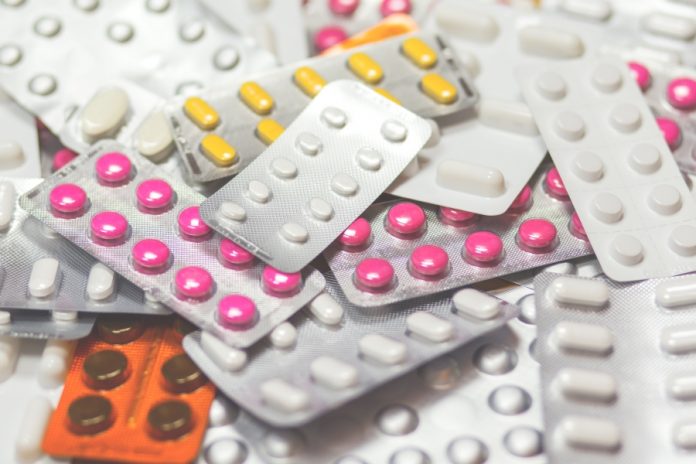Bringing new drugs to market takes a lot of time and a lot of money. They need to be researched, developed, tested, approved, and then marketed. It’s a lengthy process. To try and combat this issue, scientists are turning to artificial intelligence (AI) to carry out a lot of the data-driven work. This makes the process a whole lot quicker and more cost-effective.
It’s not the first time AI has shown promise in being used for drug development. Machine learning is perfect for finding new therapeutic applications for repurposed drugs. At the moment, the process for discovering new drugs is done through a painstakingly slow trial and error basis. By using AI, experts can cut down this research time considerably.
Using specially developed algorithms, in no time at all, AI systems can detect and analyze patterns within large amounts of data.
From the information, it quickly develops a hypothesis and action plan moving forward. It can also re-evaluate the situation and refine its answers. Researchers can also use AI to screen large amounts of molecules in order to find an adequate candidate.
READ MORE – Top 10 Ways Artificial Intelligence is Impacting Healthcare
READ MORE – Artificial Intelligence in Medicine – Top 10 Applications
One company that’s been looking at doing just that is Baltimore-based biotech company, Insilico Medicine. This company’s main aim is to develop innovative solutions for cancer research and it’s been using AI and a new deep learning technique called generative adversarial network (GAN) in which to do that.
It’s quite exciting as is the first time any company has used a GAN within the realms of cancer discovery and so far the results are promising. As well as being used to imagine 69 new molecules that are potentially cancer-fighting entities, the AI has also been used to predict how certain drugs will work in various circumstances.
Around 90% of medicines developed never make it to market. That’s a heck of a lot of time and money just poured down the drain.
Some of the manufacturers of these failed medicines are now turning to AI to find new ways to use the drug and try again. Much of the hard work in the initial testing phase has already been done so it makes sense to work in this way. Approval of the new drugs will be far quicker than if they had to start all over again with a new concept.
Source Bio-IT World
